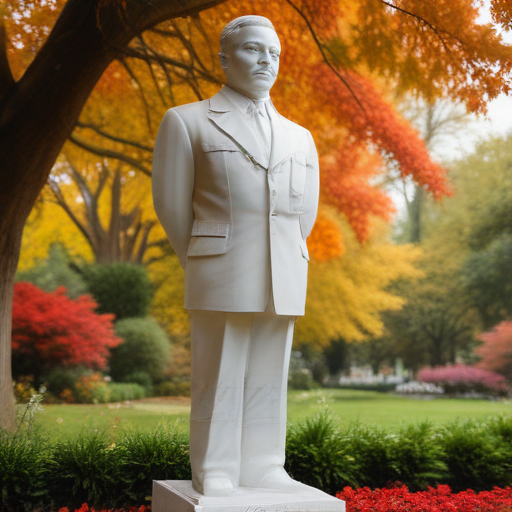January 20 is recognized as Martin Luther King Jr. Day, a federal holiday dedicated to honoring the life and contributions of the American civil rights leader, who was assassinated in 1968. The establishment of this holiday was a lengthy and challenging process that involved significant advocacy from King’s widow, Coretta Scott King, alongside numerous lawmakers and activists.
Martin Luther King Jr. Day is observed annually on the third Monday of January, making it unique as the only federal holiday designated as a national day of service. This encourages all Americans to engage in volunteer work and community improvement efforts. In 2025, the holiday will fall on January 20, coinciding with the presidential inauguration that same day.
The effort to create Martin Luther King Jr. Day began just days after his assassination when former U.S. Representative John Conyers introduced legislation for the holiday on April 8, 1968. Over the next ten years, support for this initiative grew significantly. Several states, including Illinois, Massachusetts, and Connecticut, recognized state holidays honoring King, reflecting a national swell of appreciation for his legacy.
Despite setbacks, including a failed House vote in 1979, Coretta Scott King and her supporters continued the fight for the holiday. They garnered widespread public support, highlighted by a petition with over 6 million signatures delivered to Congress in 1982, aided by the popular song “Happy Birthday” by Stevie Wonder, which called for the recognition of King.
This tireless advocacy yielded results when the House finally approved the holiday in 1983, followed by a Senate passage and the signature of President Ronald Reagan. The first national celebration of Martin Luther King Jr. Day occurred in 1986, although it took until 2000 for it to be adopted as a recognized holiday in every state.
The date of Martin Luther King Jr. Day, observed in January, honors King’s birth on January 15 while complying with the Uniform Monday Holiday Act, which aligns several federal holidays on Mondays to create long weekends.
Additionally, music played a notable role in shaping public opinion and legislative support for the holiday, showcasing how art can influence social change. Ultimately, Martin Luther King Jr. Day represents a commitment to community service and the ongoing pursuit of equality, making it a powerful reminder of King’s enduring impact on American society.
In summary, as we approach this important holiday, it’s essential to reflect on King’s legacy and consider how we can contribute to our communities in meaningful ways. The spirit of service remains at the heart of this observance, inviting all citizens to engage in actions that uplift others and advance the ideals of justice and equality.
